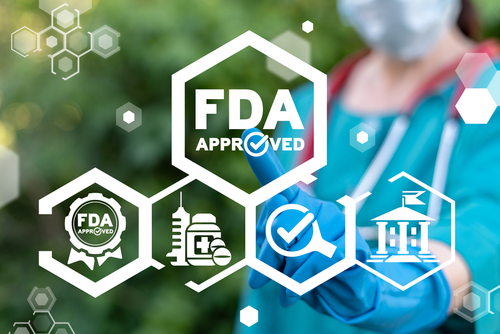
The US Food and Drug Administration (FDA) has approved tislelizumab monotherapy for the treatment of advanced or metastatic esophageal squamous cell carcinoma (ESCC) in the second-line setting based on positive results of the phase 3 RATIONALE-302 trial.
The drug, an anti–PD-L1 antibody, has been approved for use in patients with advanced ESCC who have received prior chemotherapy treatment without a PD-L1 inhibitor.
RATIONALE-302 compared tislelizumab monotherapy against chemotherapy in 512 patients with advanced or metastatic ESCC whose tumor progressed after treatment with first-line systemic therapy. Patients were randomized 1:1 to receive tislelizumab 200 mg every 3 weeks or chemotherapy.
The primary end point of overall survival (OS) was met, with a median OS rate of 8.6 months in the tislelizumab arm versus 6.3 months in the chemotherapy arm. Tislelizumab also correlated with a higher objective response rate (20.3% vs 9.8%) and a better durable antitumor response versus chemotherapy. Furthermore, patients with a PD-L1 tumor area positivity score ≥10% experienced a significant survival benefit from tislelizumab compared with chemotherapy, and fewer patients experienced grade 3 or higher treatment-related adverse events when treated with tislelizumab versus chemotherapy (18.8% vs 55.8%).
BeiGene, the manufacturer of the drug, announced that it will become available in the United States during the second half of 2024.
Mark Lanasa, MD, PhD, chief medical officer of solid tumors at BeiGene, said the approval “represents a significant step in [the company’s] commitment to bringing this therapy to more patients around the world.”
Dr. Lanasa also noted the drug is still under review for a Biologics License Application in the first-line setting for ESCC.

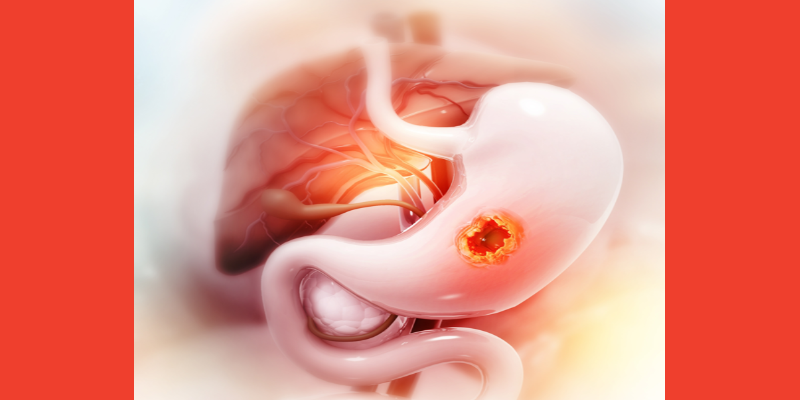
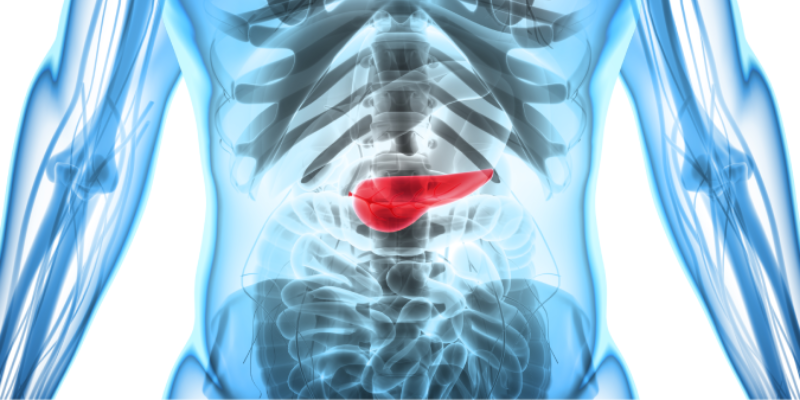

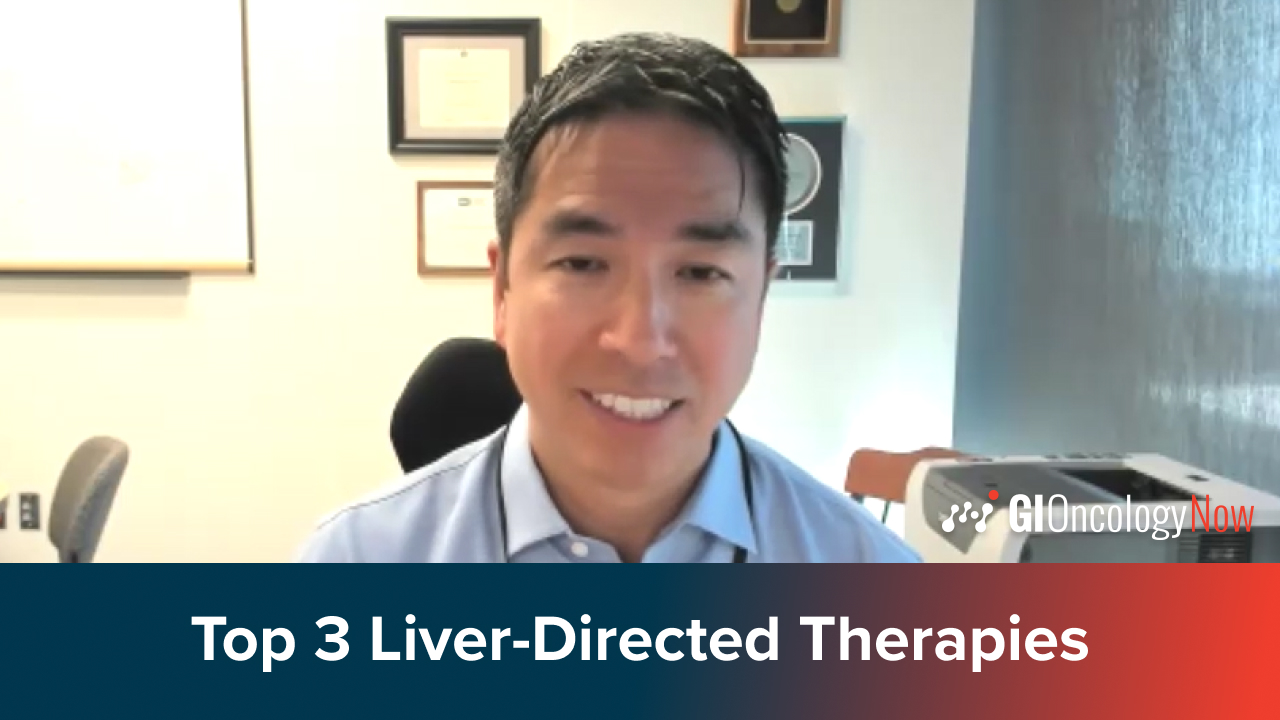
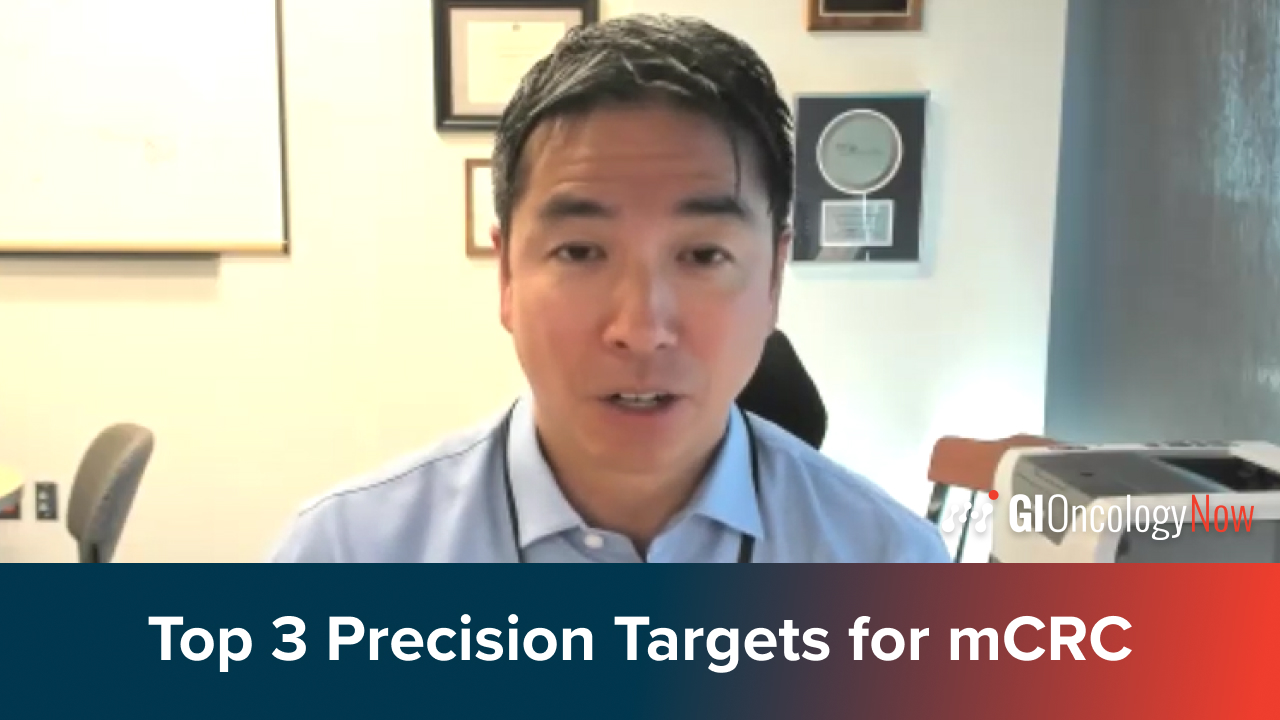

 © 2025 Mashup Media, LLC, a Formedics Property. All Rights Reserved.
© 2025 Mashup Media, LLC, a Formedics Property. All Rights Reserved.